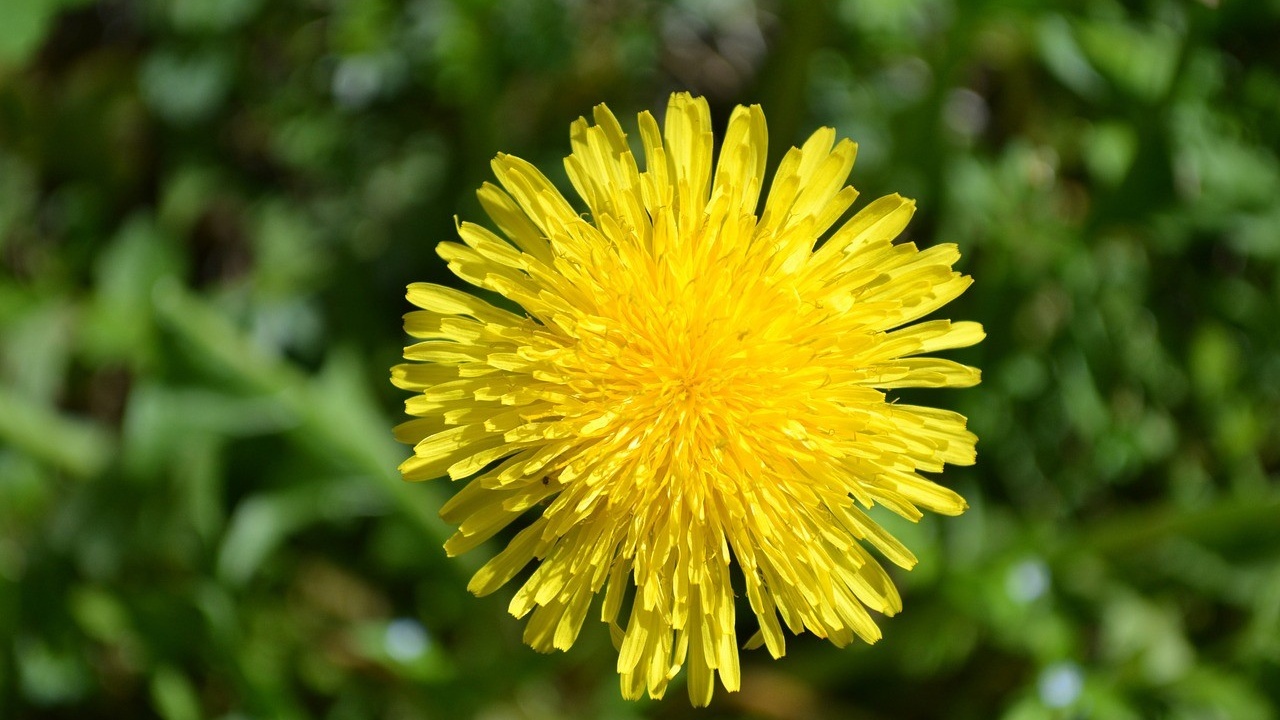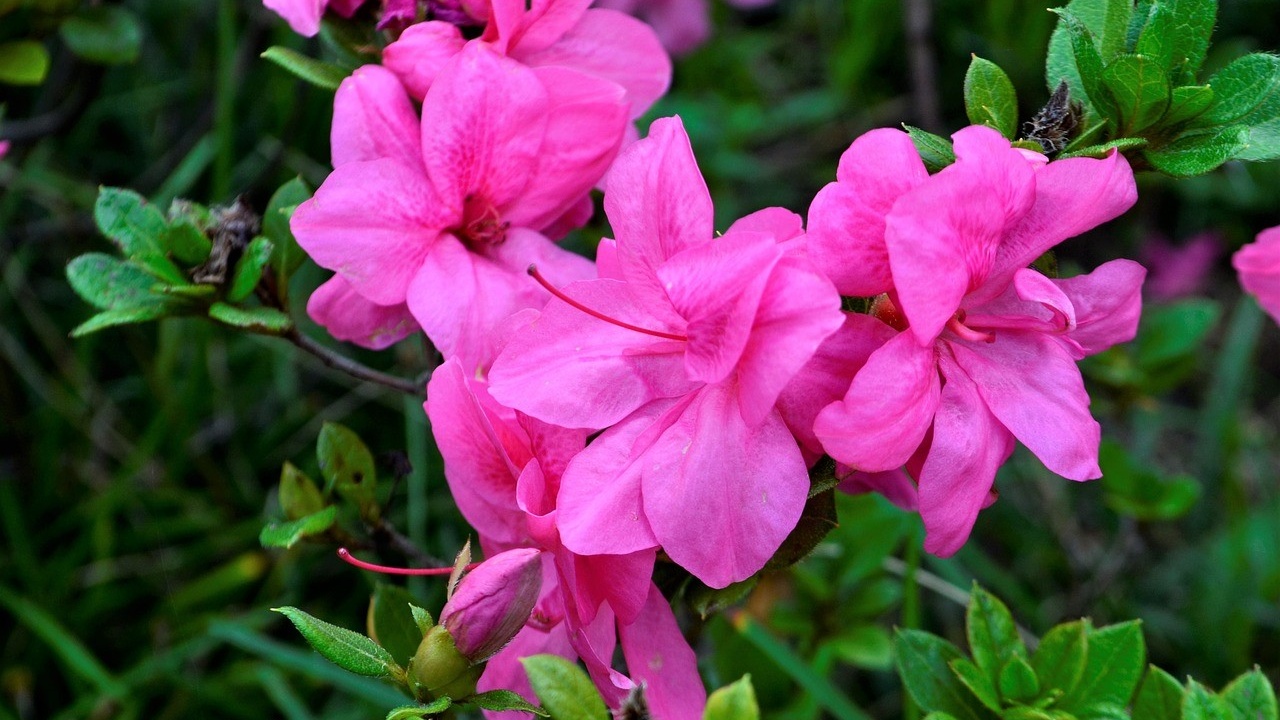Blog
The joy of effort (DW#889)

Do you dream of lying on the beach, chilling and taking it easy? Do you believe that this will make you happy?
I hate to break it to you, but it will not.
Mihaly Csikszentmihalyi tells us in his ground breaking book Flow, that human beings completely misjudge what will make us happy. We tend to imagine that vegging out in front of the TV and engaging in other leisure activities will make us happy. But it does not. Surprisingly, meaningful work, which we sometimes run away from, does.
Csikszentmihalyi says: "we have a paradoxical situation: On the job people feel skillful and challenged, and therefore feel more happy, strong, creative, and satisfied. In their free time people feel that there is generally not much to do and their skills are not being used, and therefore they tend to feel more sad, weak, dull, and dissatisfied. Yet they would like to work less and spend more time in leisure."
Pretty strange, right? We hurry through activities which are good for us towards those which ...
The jagged path (DW#888)

The path of progress is not a straight line. It is normal and expected that when we are learning and growing, we will not be making progress every single day.
In fact, some days, it seems that for every two steps forward, we are taking one step back!
And at times, in fact, it is even worse than that. We seem to slip back a couple steps for every step we take forward. In other words, we appear to be regressing rather than progressing.
It is during these times that we are most vulnerable to giving up and leaving the Master’s path and exiting into our favorite alternative (recall the Dabbler, the Obsessive and the Hacker and know your tendency!). It is during these times when we may be telling ourselves that it is no good, we are not cut out for this and the "program" is not working.
Here’s the thing, though.
Once we KNOW that this regression is INEVITABLE, that it is a part of the process, we can encourage ourselves to keep following the process and to keep going.
Loving the plateau (DW#887)

Yesterday we talked about how the process of self-growth involves many plateaus. And since we will inevitably be spending time on plateaus, it makes sense that we enjoy them.
And that can only happen if we stay focused on the process, and enjoy the journey rather than be obsessed with the destination.
Leonard says: "Goals are important. But they exist in the future, beyond the pale of the sensory realm. Practice, the path of mastery, exists only in the present. You can see it, hear it, smell it, feel it. To love the plateau is to love the eternal now, to enjoy the inevitable spurts of progress and the fruits of accomplishment, then serenely to accept the new plateau that waits just beyond them. To love the plateau is to love what is most essential and enduring in your life."
Process, process, process. That is all we have control over and all that we can do in the present.
Leonard says that he learnt to enjoy the plateaus of his own aikido practice—the moment when he found himself t...
The reality of life (DW #886)

The second wind (DW #885)

Use it or lose it (DW #884)

- Set priorities and make decisions. He says: "Indecision leads to inaction, which leads to low energy, depression, despair." What have you been putting off making a decision on? Make a decision. Get clear on what you’re going to do. And do it.
- Take action! (this is possibly the most important – overthinking drains our energy and taking action fuels it. We need to remind ourse ...
The pull of homeostasis (DW #883)

Leonard shares some insight on how to deal with t...
What is your practice? (DW #882)

Practice as a noun (DW #881)

Enjoying the process (DW #880)

